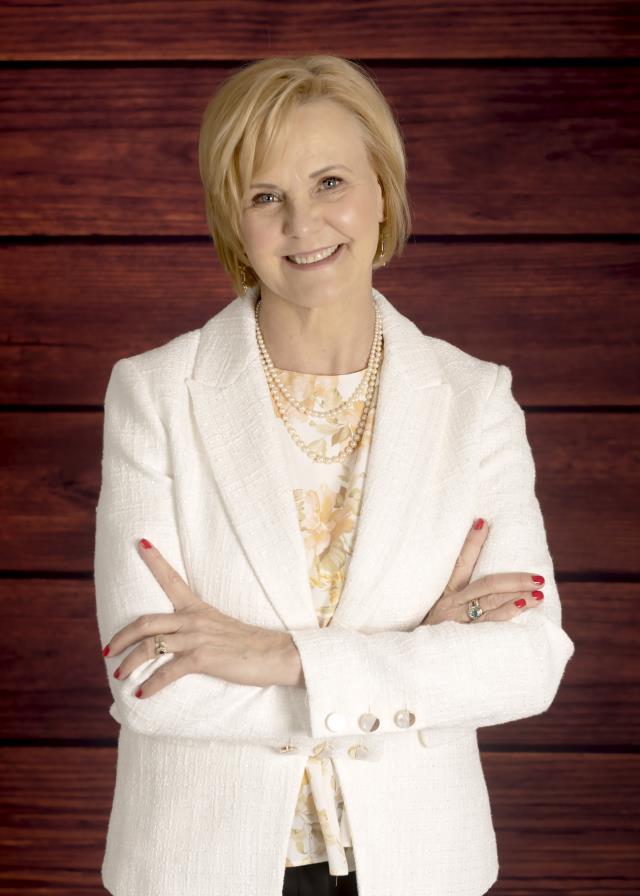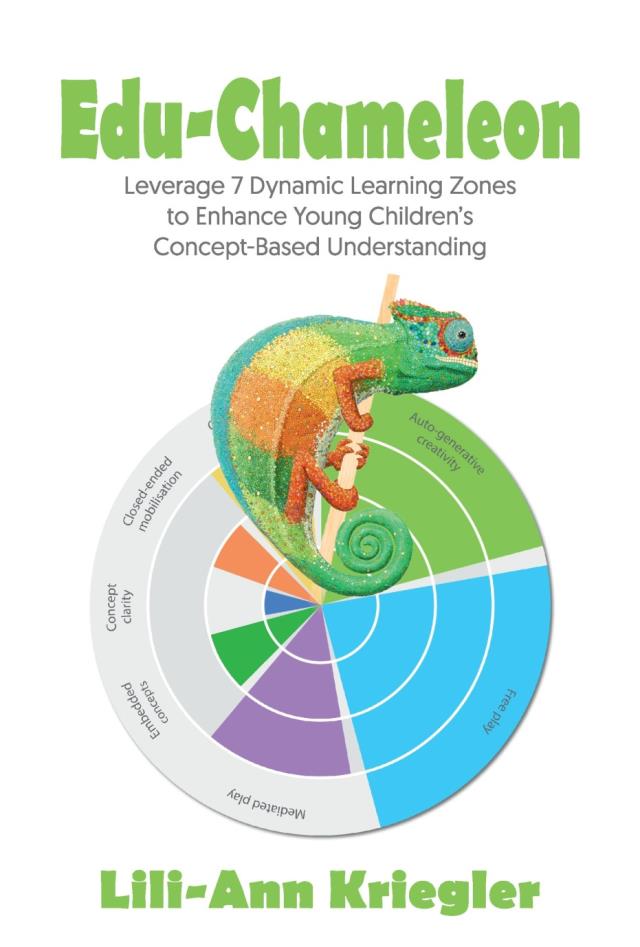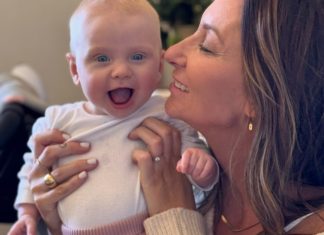By Melissa Meehan
Teachers know that play is integral to a child’s learning.
But if they only free play, opportunities to support their conceptional understanding of the world around them may be missed.
Balwyn author Lili-Ann Kreigler has written a book that aims to change that.
Her book, Edu-Chameleon, draws upon decades of experience working across early education to provide a practical guide on how to engage young minds in the present, whilst paving the way for future learning.
Her inspiration was setting frameworks for teachers confused about the right to learn.
They are told that children have the right to learn through free play but then, on the other hand, that they should be teaching them.
“Instead of saying let them play or let them learn – my book explains seven zones to give them confidence that everything they are doing is right,” Ms Kriegler said.
“They can play and be creative, but at the same time learn what they need to.”
The aim is give educators a sense of clarifying what they already know and giving them a framework.
Ms Kriegler shows how to refine professional knowledge about concept formation to augment the value, purpose and precision of everything you already plan, say and do each day.
From totally free play, along a continuum to direct teaching, different curriculum intentions and methodologies are outlined in the seven zones:
• Free play
• Mediated play
• Embedded concepts
• Concept clarity
• Closed-ended mobilsation
• Open-ended mobilsation
• Auto-generative creativity
“It’s not all about reading and writing at an early age, it’s about what is up and down and side to side or even learning spatial distance,” she said.
“But their oral language is a huge part of that too, which a lot of parents don’t necessarily understand.
“So while my book is for teachers and educators, it might help parents understand that there are a number of ways a child learns through play.”
She has drawn on her own experience of teaching a wide range of students from toddlers to adults and specialises in early childhood education for children aged three to nine years old.









